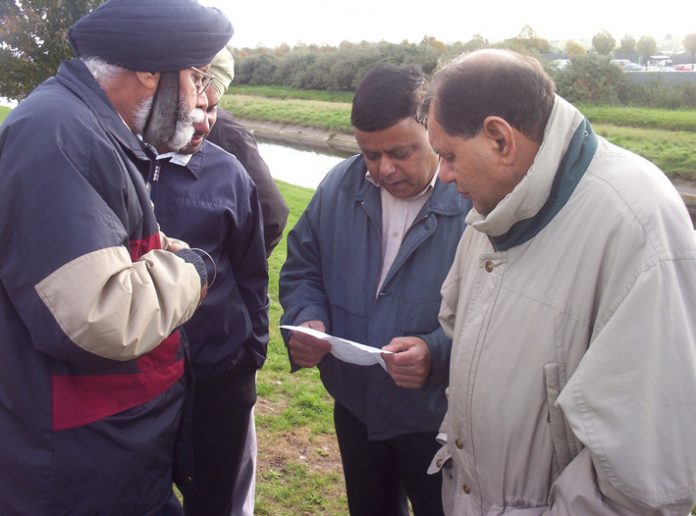
Announcing Blunkett’s resignation as Work and Pensions Secretary to MPs yesterday, Prime Minister Blair made it clear he had been ready to defy the rules and keep his long-standing ally in the Cabinet.
Blair said Blunkett had been ‘doing an important and vital job for this country and we can be very proud of him’.
During Prime Minister’s Question Time in the House of Commons, Blair said Blunkett was a ‘decent and honourable man’ and went on to say he was right not to dismiss him.
Blair said: ‘There were three sets of allegations: one was that he had not sought the advice of the Independent Advisory Committee, which he should have done.
‘That is a breach of the Ministerial Code it is true, I did not believe it warranted dismissal for these reasons:
‘First of all, I could discover no impropriety or wrongdoing in his doing that.
‘Secondly, he had actually registered these jobs with the Register of Members’ Interests.
‘It arose out of a misunderstanding on the correspondence, which I looked out myself, it was an honest misunderstanding on his part.
‘And it is clear to me that even had he been in touch with the advisory committee, as he accepts he should have done, the most that would have happened is in respect of one of those jobs, his taking up of that job would have been delayed by a few weeks.
‘In those circumstances, I did not believe it warranted his dismissal.
‘The second set of allegations was in respect of the register of shareholdings in DNA Bioscience.
‘He was supposed to follow a particular procedure for ministers when they come into government, he followed that procedure completely, therefore I could find no breach of the Ministerial Code in that.
‘The third and most serious allegations that were made by the shadow leader of the House, that he had had discussions, whilst a member of the government, and made representations on behalf of this firm that either had a contract or was trying to get a contract from the Department of Work and Pensions.
‘had that allegation been true, it certainly would have been a dismissable offence.
‘I looked into that allegation. I found it to be completely untrue and therefore it would not have been right in these circumstances for him to resign.
‘That is why I did not dismiss him under the Ministerial Code.’
Blunkett had been due to appear before the House of Commons Work and Pensions Committee at 9.30am at Portcullis House, across the road from parliament, to answer questions on his breaking of the Ministerial Code but resigned without going to the committee.
Blunkett later gave a 1pm press conference outlining the reasons for his resignation.
He told reporters: ‘I talked to the prime minister and sent a message to the committee that it was quite likely I would be half an hour late.
‘I went back to Portcullis House, by that time it had become abundantly clear that the situation was such that if I was to protect and support the government and do what I wanted to do, which was to ensure that the prime minister knew that I would always put him and his government before my own personal needs, that I had to go back and talk to him again.
‘I did, and I said I think we’ve reached a position where my situation is untenable and I wish to step down, and I thanked him for his support.’